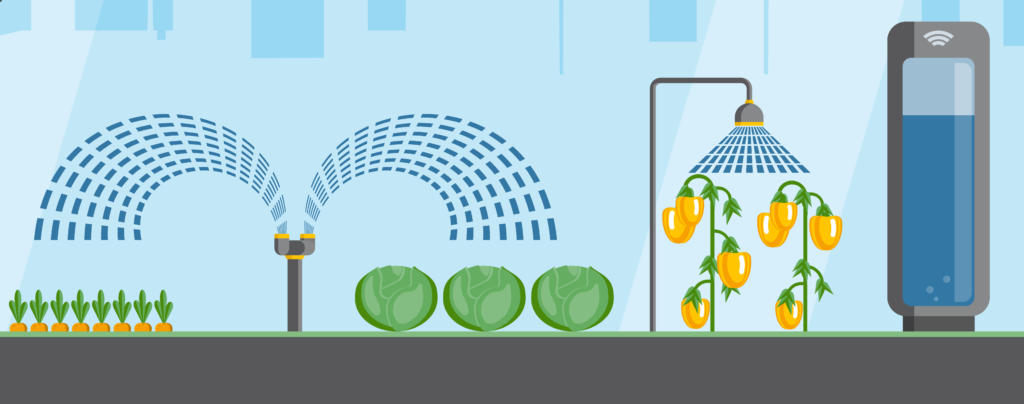
Ian Thomas, a property litigation lawyer in the rural team, and our IP, IT and Data Protection team recently attended the first Agritech Cornwall Business Forum at Tredudwell Manor which showcased the array of innovative agri-tech businesses in Cornwall.
There have been some fascinating developments in agri-tech in recent years, whether it be the use of artificial intelligence (AI), mobile apps for farmers or the use of drones for crop planning – the possibilities for innovation to improve efficiencies and drive productivity in the sector are endless.
In this article Ian asks what do businesses need to consider when developing technology for the Agri-tech industry?
In creating a new technology how can we best protect our new invention?
For all agricultural businesses or technology providers creating new technologies or inventing solutions for old problems, whether in agriculture or any other industry, you need to be aware of the intellectual property (IP) rights that can protect your inventions. Some IP rights, such as copyright, arise automatically as soon as you begin to design your products. In the UK there is no registered copyright, but in other countries, including the US, you can register copyright.
Where your business is ‘inventing’ something in the classic sense of the word, there are two registered rights you should be thinking about: patents and registered designs. Patents protect how something works whereas registered designs protect the way a product appears.
You also need to protect your name and brand. Registered trade marks are a cost-effective way to ensure you gain a monopoly right over the name of your products in the sectors in which you operate and help differentiate your products from others in the market.
From an intellectual property perspective, to fully protect the majority of inventions it would require patents, registered designs and copyright, as well as strong contracts with the businesses you work with ensuring all the IP rights remain with you.
If a patent is an option for your technology it is important to seek legal advice early on as disclosing the idea to the general public or a third party without a Non-disclosure agreement (NDA) in place will mean you will no longer be able to obtain a patent if it is in the public domain.
Government funding is available which may help you with research and development and funding may also be available to help cover your legal costs.
What should we think about when licencing our product?
Licencing of your products occurs where you as the owner (the licensor) of the technological intellectual property allow another company (the licensee) to use, modify and/or resell the technology you have developed. In return for providing your technology to the licensee they will pay you compensation. The usual options for compensation are: a lump sum payment, royalties based on usage, the right to use the licensee’s technology, or a combination of those options.
The way you decide to licence your product and the way you are compensated will depend on your business plan and commercial considerations. For example, you may not want the licensee to modify your complicated code as it could potentially damage the product and your brand and you would want this restriction in your licence agreement. However, licensing can be a great way to access markets that you may not have the resources to access. Your technology may have wider uses beyond the agriculture sector and if your specialism is agriculture then licensing the rights to exploit your technology in other sectors to another organisation with the requisite skills and contacts in that sector may be the best way forward and will allow you to focus on your own core market.
What legal issues do we need to consider when we work with another company?
The most common legal issues that come up when two companies choose to work together are around knowledge sharing and confidentiality, and about who will own the rights in the product. At the beginning of any working relationship the parties should carefully consider how they are going to work together and take the time to document this in a binding contract and for most collaborators you should enter into a NDA prior to discussing any of your technology. The binding contract will follow that once you agree how you are going to work together. This greatly lessens the risk of disputes later over ownership of the IP rights. Any outside contractors that the parties work with will also need to be bound by way of written contract.
What about Data Protection?
The General Data Protection Regulation (GDPR) requires you to put in place appropriate technical and organisational measures to implement the data protection principles set out in the Regulations and safeguard individuals rights. Data protection by design is about considering data protection and privacy issues upfront in everything you do from the initial design stages until the launch of the final product and it is important you consider GDPR when developing any new technology to ensure you are complying with the law and have adequate security and policies in place.
If you are creating or developing innovations in the agricultural sector, you should consider the above key issues and ensure your business’ IP is protected by registrations and through binding legal agreements.
